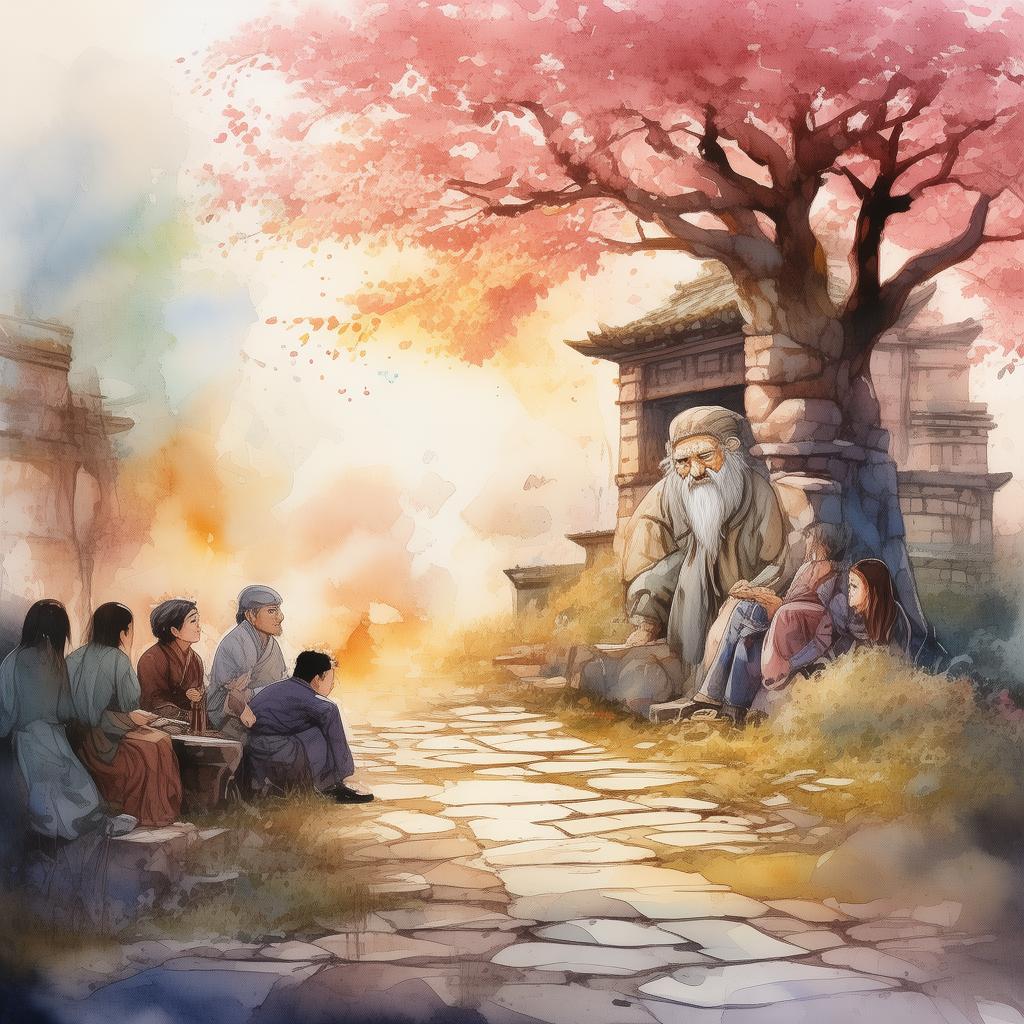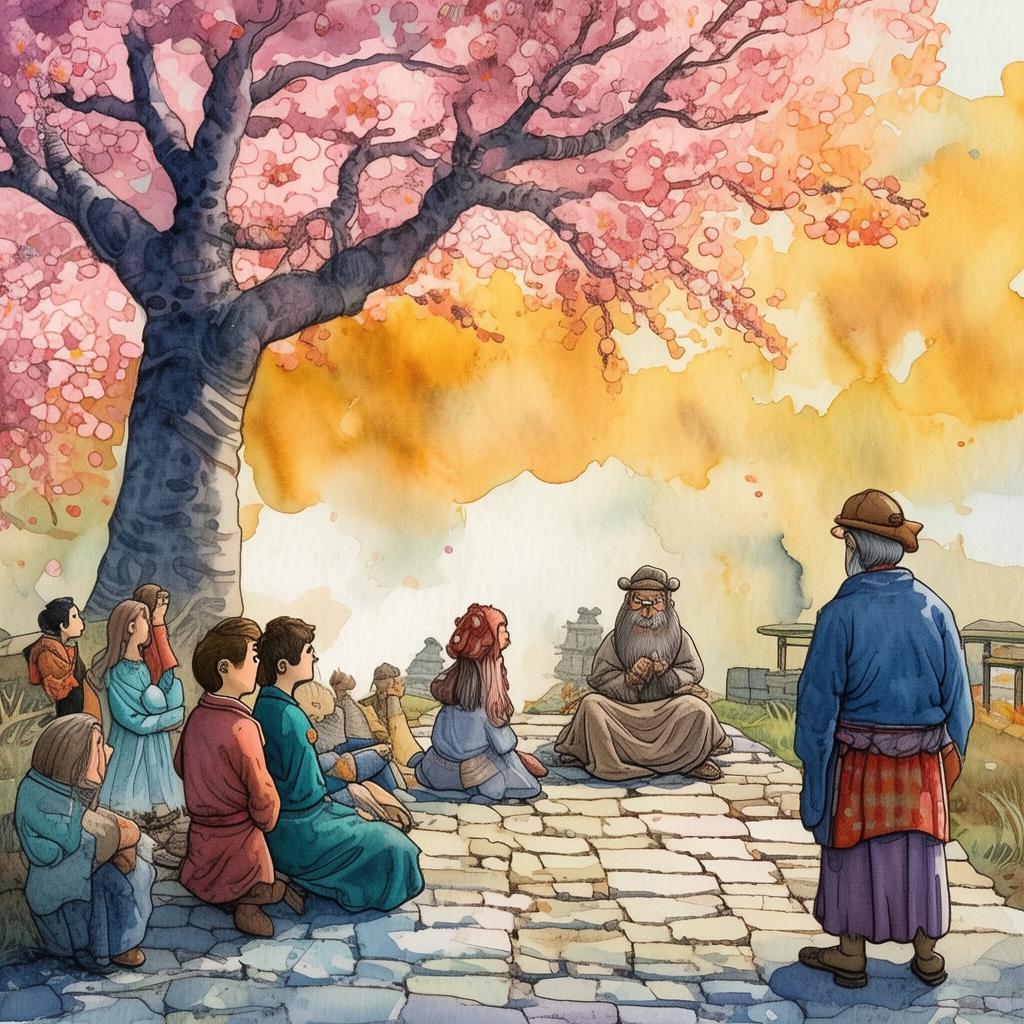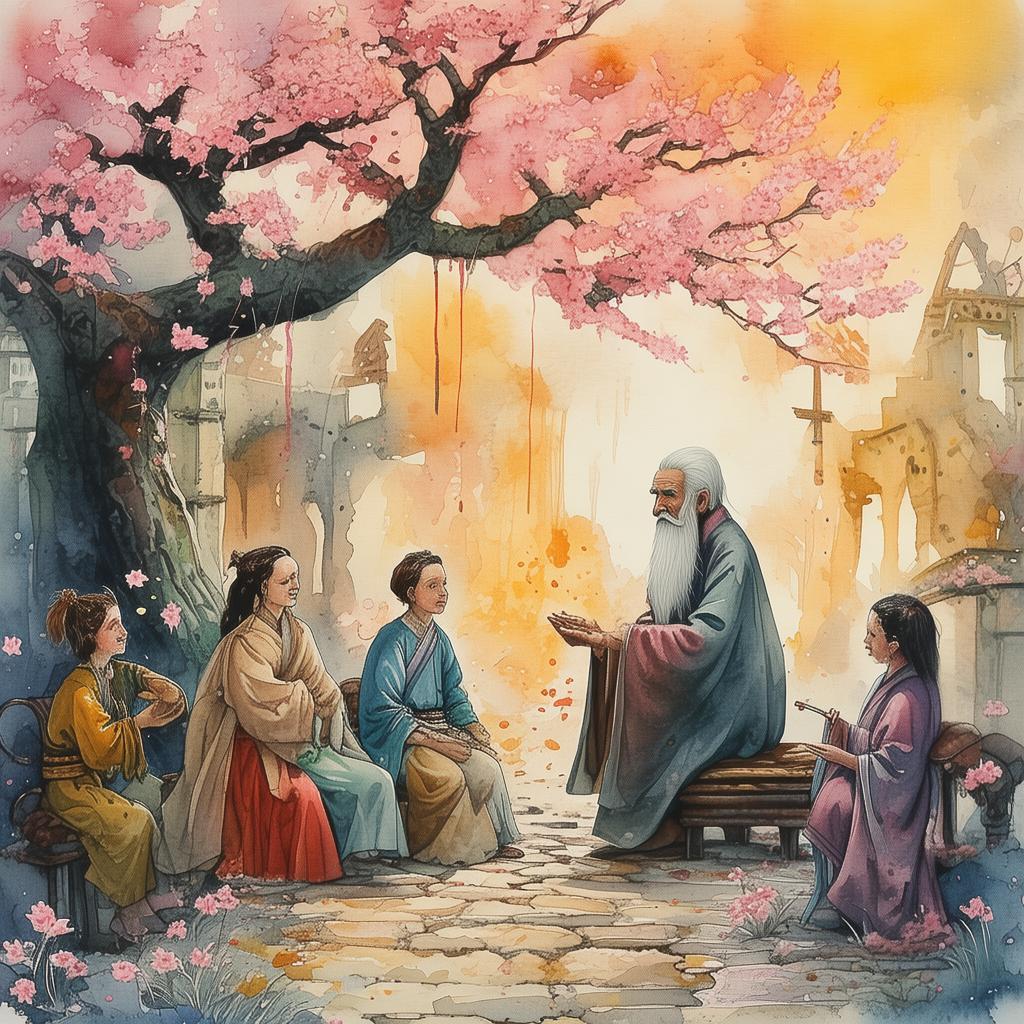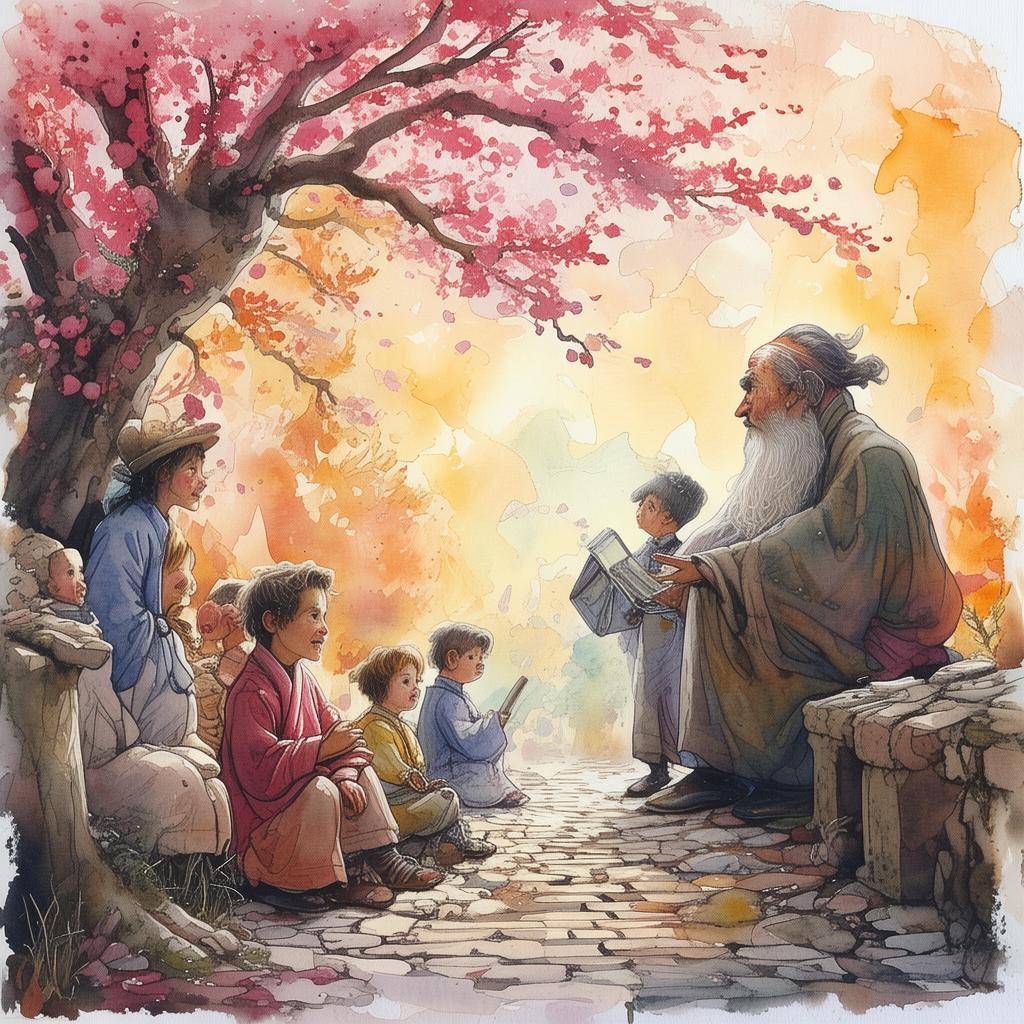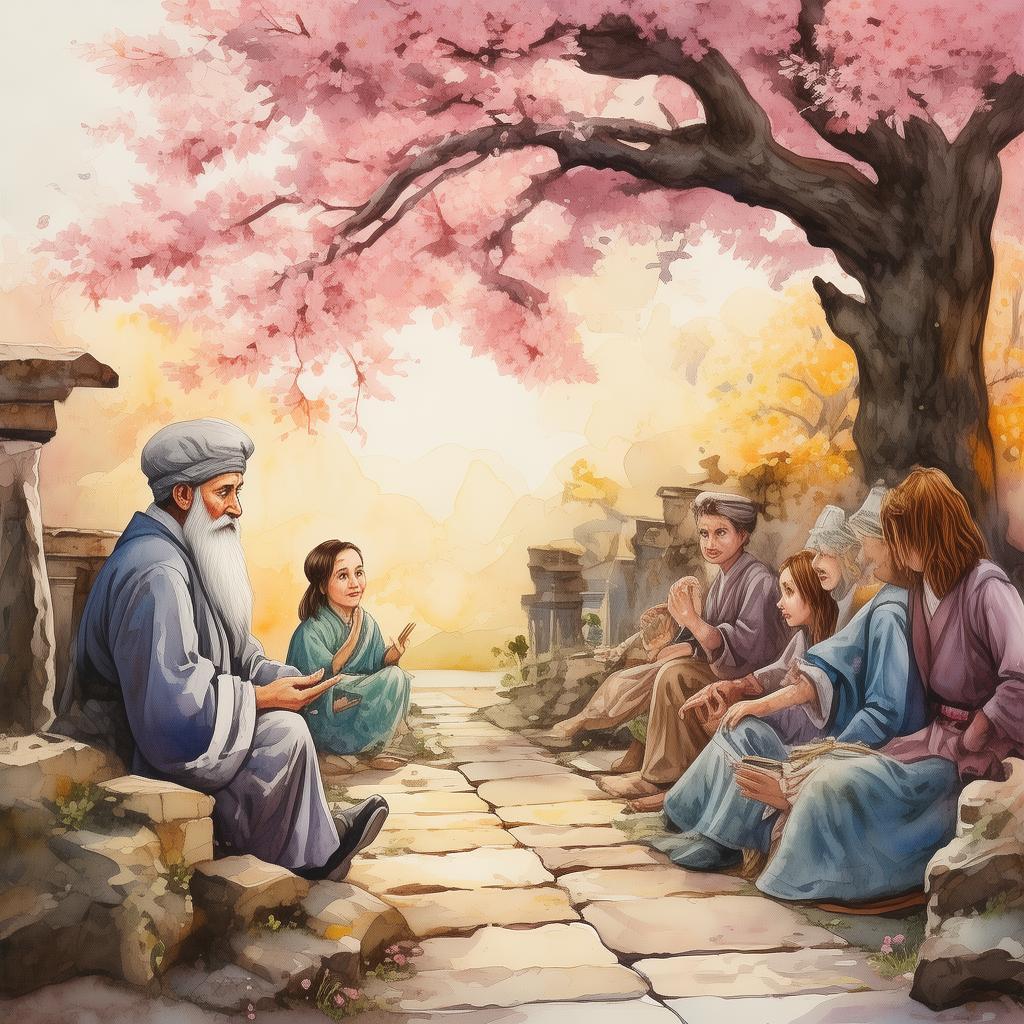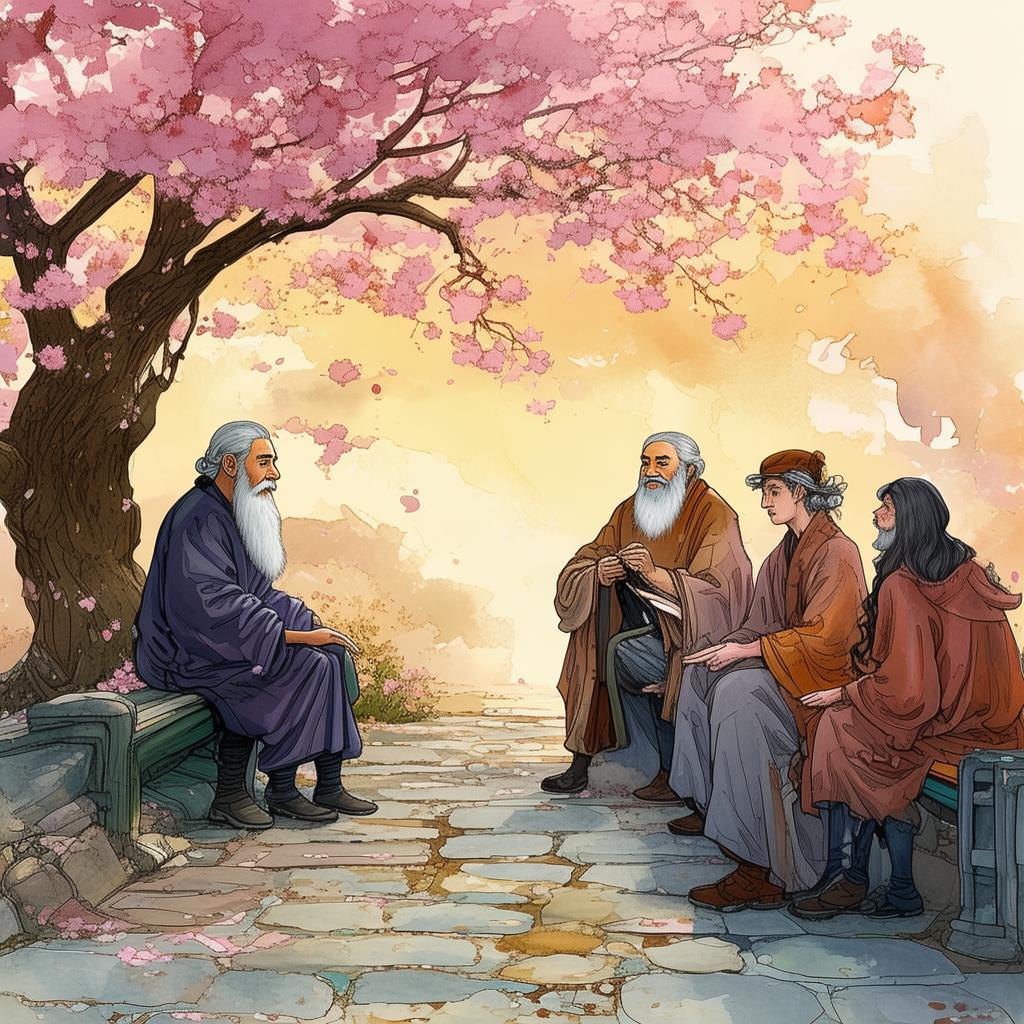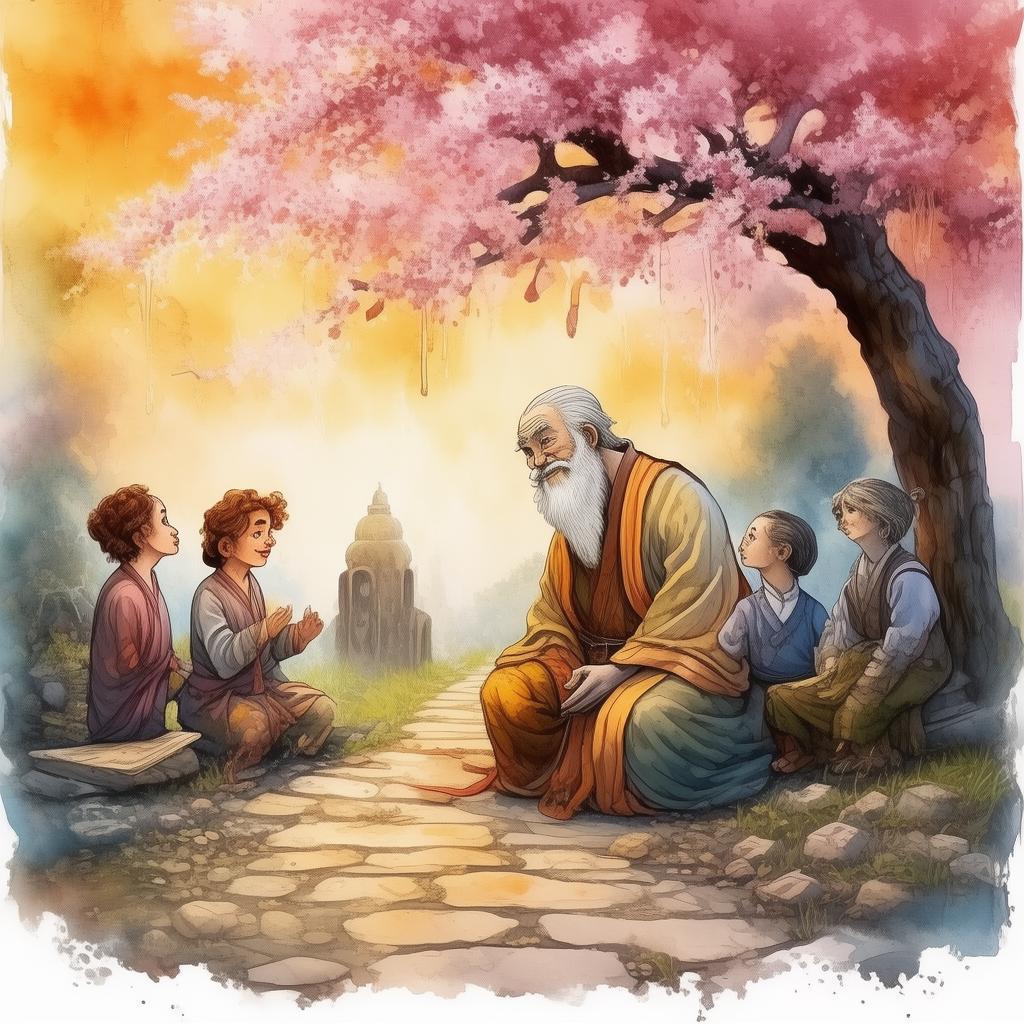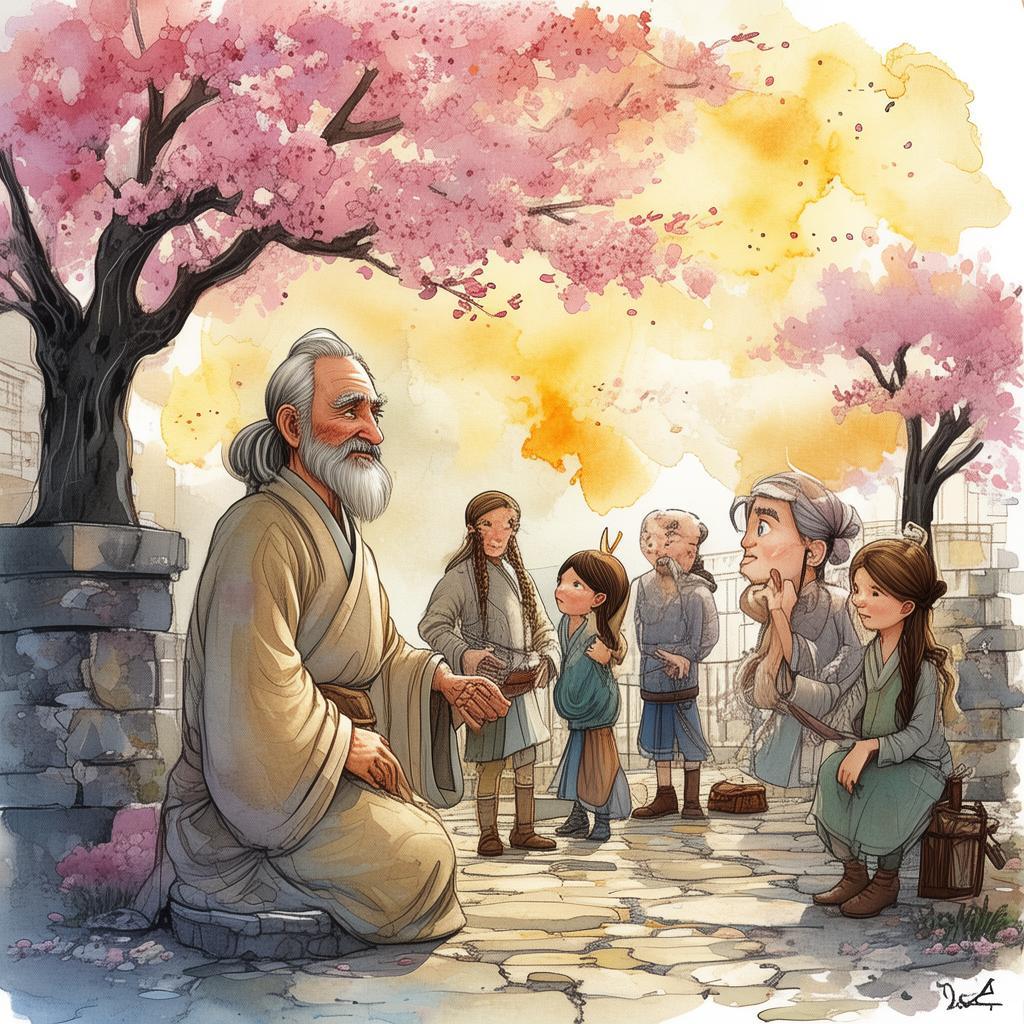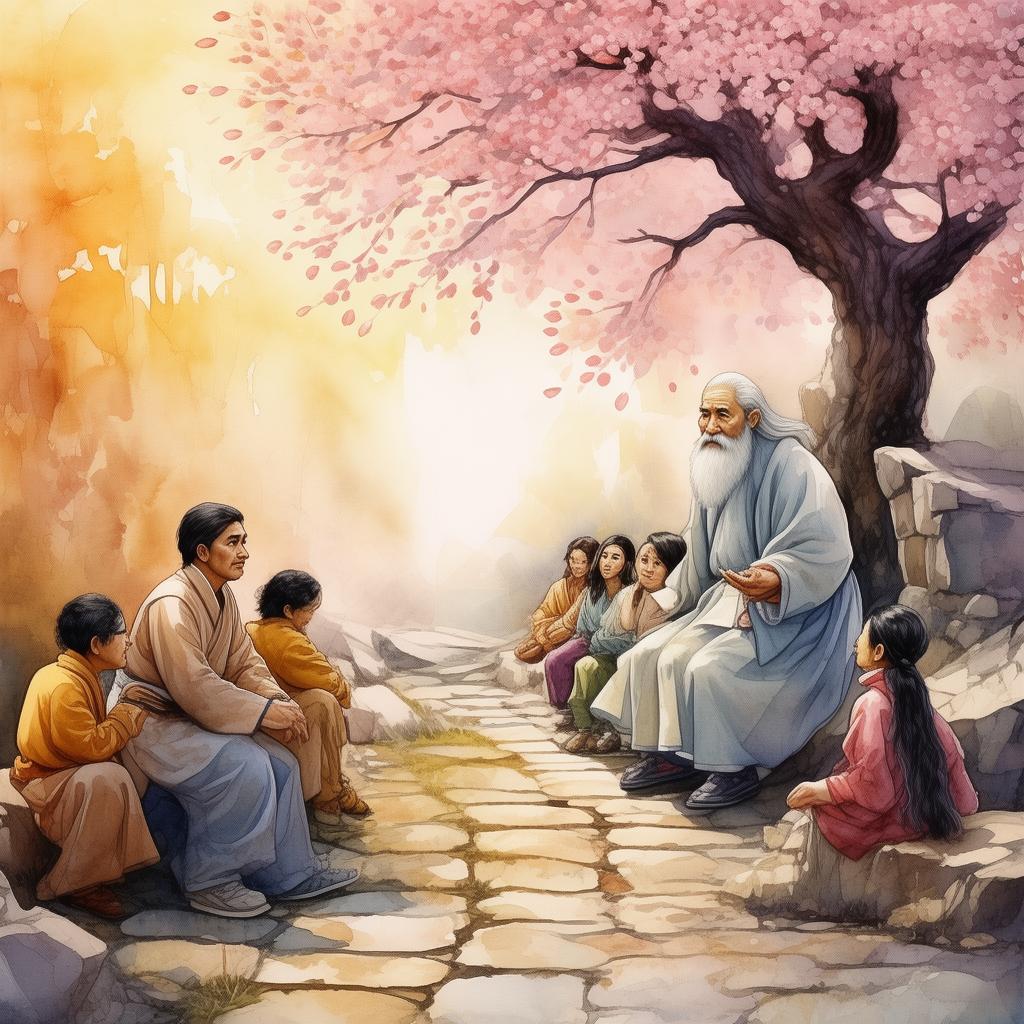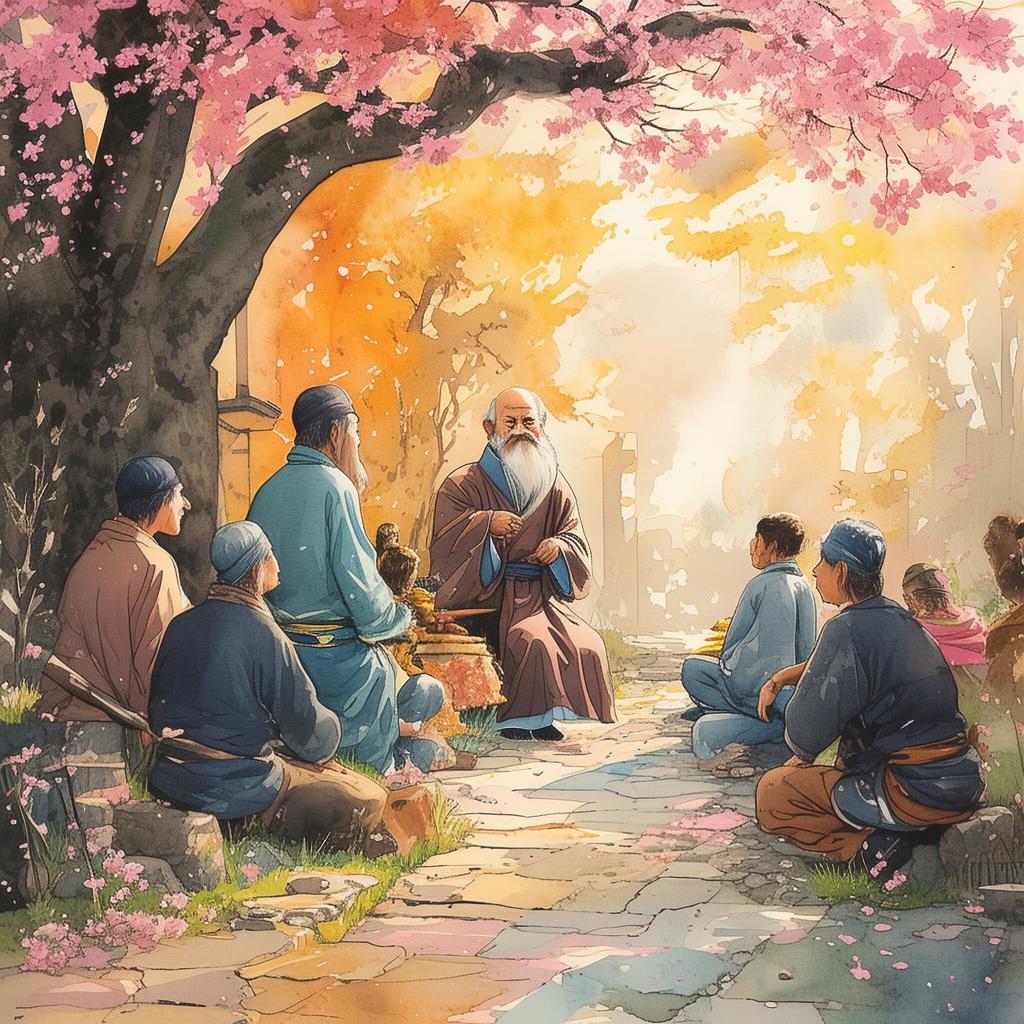The Melody of Devotion: A Journey to the Ultimate Score
In the heart of an ancient city, where the echoes of history were woven into the very fabric of the cobblestone streets, there lived a young composer named Ling. His name, like the music he created, was a whisper on the winds of change. Ling was not just a composer; he was a dreamer, a visionary, and a soul that believed music was not just an art but a language that could bridge the gap between the living and the divine.
Ling’s quest began not with a single piece of music but with a single dream—a dream of a score so perfect that it would resonate with the very soul of the universe. It was a score that did not just entertain, but that could change the world. In his mind, this score was a living entity, a boundless dream that he was destined to capture.
Days turned into years, and Ling’s music grew more intricate, more profound. His compositions were like windows into the human experience, telling stories of love, loss, and the unyielding spirit of the human condition. Yet, each time he played his music for others, he felt a void, a gap that was not filled by applause or admiration but by a deep-seated emptiness that gnawed at his soul.
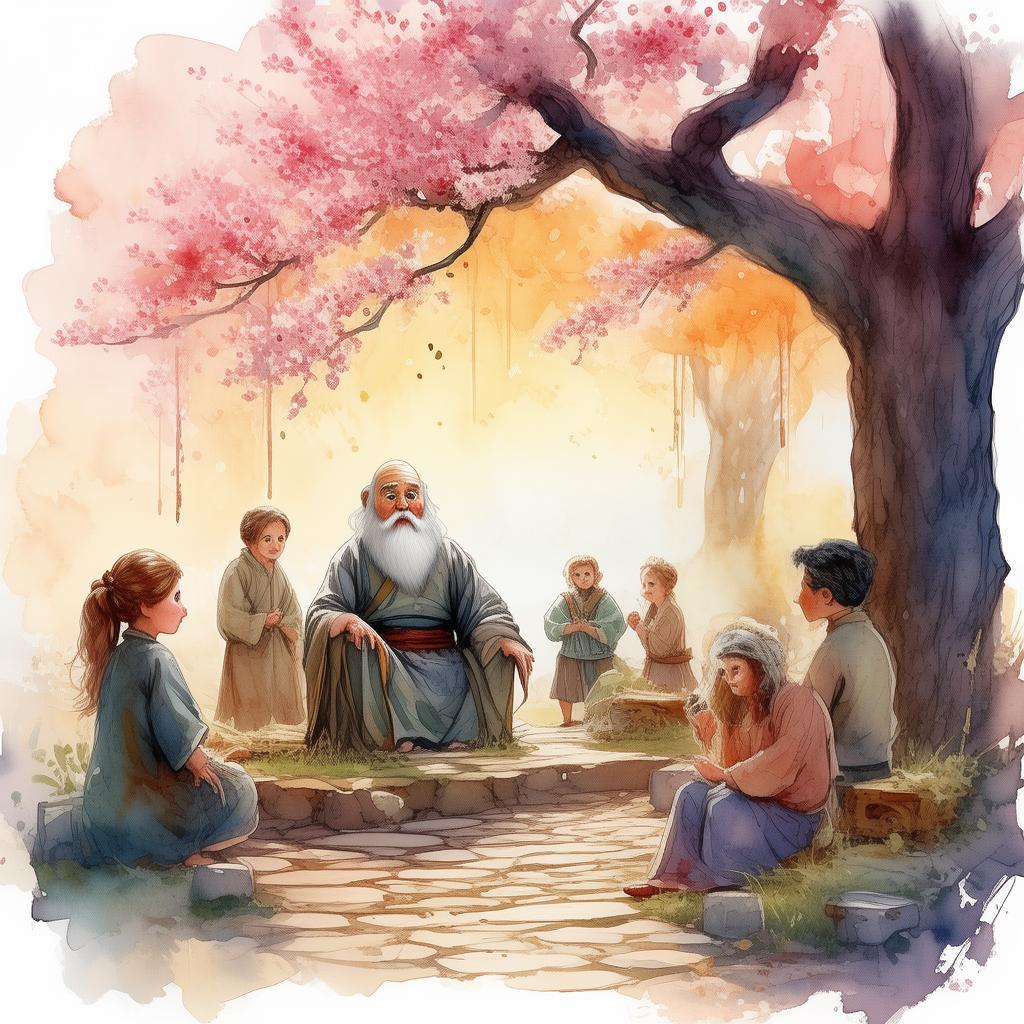
It was on a crisp autumn evening, as the leaves danced in a ballet of colors, that Ling’s life took an unexpected turn. While strolling through the ancient city, he stumbled upon an old, abandoned music shop, its windows fogged with the breath of time. Inside, amidst the dust and cobwebs, stood a grand piano that seemed to have a life of its own, calling out to him like a siren’s song.
Curiosity piqued, Ling approached the piano. Without a moment’s hesitation, he sat down and began to play. The music that emerged was unlike anything he had ever composed. It was a symphony of the heart, a testament to the power of love and the depth of human emotion. As he played, he felt a surge of energy course through him, as if the piano were speaking to him, revealing the secrets of creation.
In that moment, Ling knew that the score he sought was not just a musical composition but a journey of self-discovery. It was a quest that would take him beyond the limits of his own understanding, into the hearts and minds of others.
The next morning, as the sun rose like a golden coin from the sea of clouds, Ling found himself at the doorstep of a mysterious old man. The man, with eyes that seemed to have seen the beginning of time, introduced himself as Master Li, a musical legend whose name was whispered in hushed tones by those who knew him.
“Ling,” Master Li began, his voice like a gentle breeze, “your music touches the soul. But there is a difference between playing music and composing it. You have the heart of a composer, but your music lacks the soul of a legend. To achieve the ultimate score, you must first understand the language of the heart.”
And so, under the tutelage of Master Li, Ling embarked on a journey that would test the very limits of his imagination and his soul. He traveled to the mountains where he learned the language of the wind, and to the rivers where he listened to the whispers of the water. He danced with the flames in the hearth, learned the secrets of the earth from the roots of ancient trees, and sang with the birds in the morning light.
Each experience, each encounter, was a thread in the tapestry of his quest. And as he unraveled the mysteries of the world around him, his music grew richer, more profound. It was as if the very essence of the universe was flowing through his fingers, transforming his melodies into a symphony that could move mountains and heal wounds.
Yet, as he neared the culmination of his journey, Ling faced a challenge that threatened to shatter his dream. He discovered that the ultimate score was not just a musical creation but a reflection of his own soul. To achieve it, he would have to confront his deepest fears, his greatest regrets, and his most profound desires.
In a final act of truth, Ling sat down before the grand piano, his heart pounding with a rhythm that matched the storm outside. He closed his eyes, allowing the storm to wash over him, to cleanse his soul. And when he opened his eyes, he began to play.
The music that emerged was not a symphony of notes but a story of life, of love, of loss, and of redemption. It was a score that did not just entertain but that transformed those who heard it. It was a score that spoke to the heart, that touched the soul, and that reminded listeners of the boundless power of music to heal, to inspire, and to change the world.
As the final note echoed through the room, the storm outside began to subside. The sun broke through the clouds, casting a warm glow over the ancient city. And there, in the music shop, Ling and Master Li stood side by side, their eyes glistening with the shared knowledge of a journey well-traveled.
The score was complete, but the journey was not over. Ling had found the ultimate score, not in the notes he played, but in the journey he had taken. He had discovered that the true essence of music was not in the creation of beautiful sounds but in the act of creating something that could change the world.
And so, Ling’s music continued to resonate through the ages, a testament to the boundless dream of a young composer who had dared to reach for the stars and had found, instead, the heart of the universe.
✨ Original Statement ✨
All articles published on this website (including but not limited to text, images, videos, and other content) are original or authorized for reposting and are protected by relevant laws. Without the explicit written permission of this website, no individual or organization may copy, modify, repost, or use the content for commercial purposes.
If you need to quote or cooperate, please contact this site for authorization. We reserve the right to pursue legal responsibility for any unauthorized use.
Hereby declared.
